

Local Government Food Policy Database:
Growing Food Connections
The Growing Food Connections Local Government Policy Database is a searchable collection of local public policies that explicitly support community food systems. This database provides policymakers, government staff, and others interested in food policy with concrete examples of local public policies that have been adopted to address a range of food systems issues: rural and urban food production, farmland protection, transfer of development rights, food aggregation and distribution infrastructure, local food purchasing and procurement, healthy food access, food policy councils, food policy coordination, food system metrics, tax reductions and exemptions for food infrastructure, and much more.
Local Public Policy
The Growing Food Connections team defines local public policy as: a course of municipal, county or regional government action in response to public problems or issues.
Policy Types
This database includes a range of policies such as local laws, ordinances, resolutions, motions, orders, and directives, as well as plans, standards, guidelines, tax exemptions and other public financing policies. Policies span different geographic regions, sizes of government, rural and urban contexts, and public issues. In addition to general information about policy type, topic and adoption date, the database includes policy documents, or the adopted policy language for each policy. When available, this database also lists information about the adopting, implementing, and supporting public agencies and non-governmental organizations; funding amount and sources; and policy outcomes – initiatives, programs, projects and other actions enabled, established or supported by the policy.
Submit A Policy From Your Community
Help your community be recognized! If your community has adopted a local or regional government policy that impacts the food system, submit it for inclusion in the database. We are only able to include policies that have been officially adopted by a local government (municipality or county) in the United States.
Policies can be submitted by completing this form.
What about food systems plans and policies adopted outside of the United States?
If you are interested in sub-national policies that are being adopted outside of the United States, please visit this Global Database hosted by the University at Buffalo and RUAF Foundation.
——————
This database is continually updated. Policies included in this database have not been evaluated. Population categories are based on USDA’s Rural-Urban Continuum Codes. The database is the intellectual property of the University at Buffalo and partners.
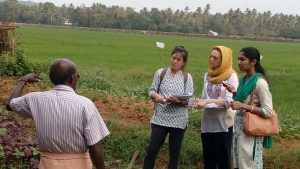
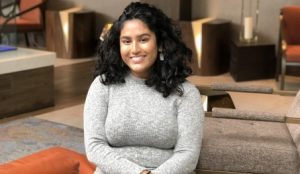

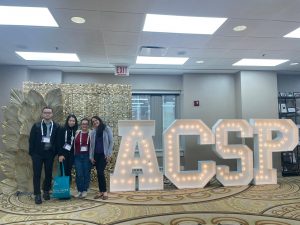
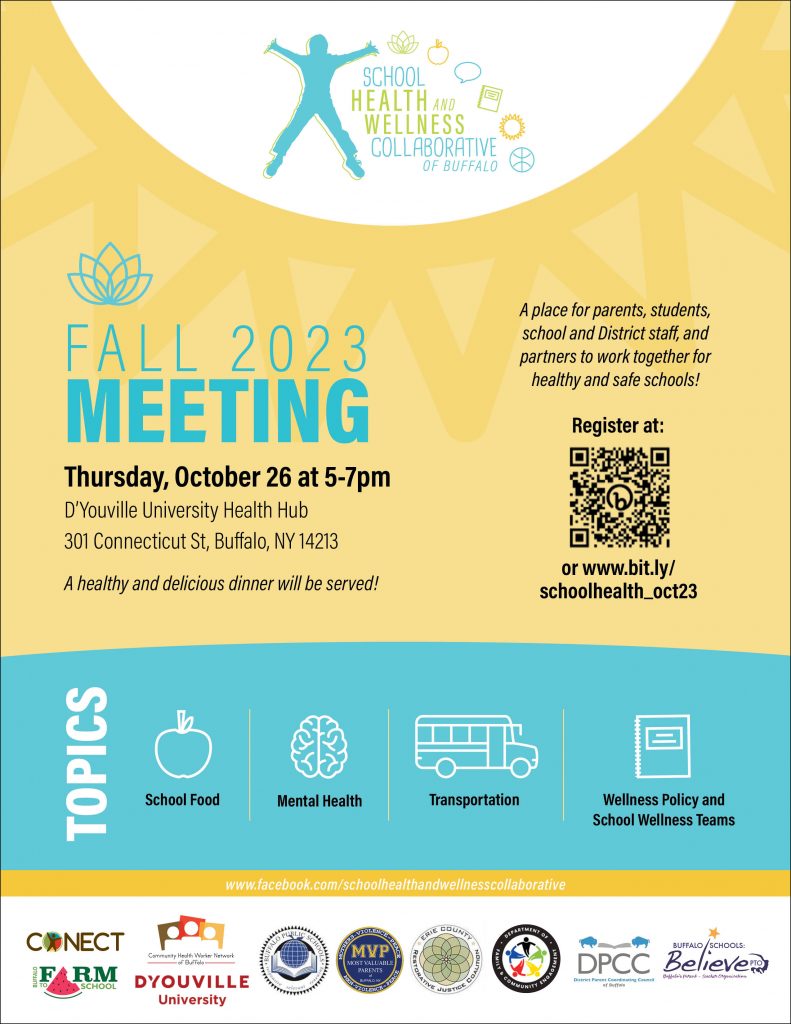
 In this article, Carol E. Ramos-Gerena asks: What do people know by becoming food policy literate? And who benefits or loses when a particular definition of food policy literacy becomes the norm? This paper conceptualizes critical food policy literacy for municipal food policy transformations. Click here to read the full article: https://www.foodsystemsjournal.org/index.php/fsj/article/view/1135/1106
In this article, Carol E. Ramos-Gerena asks: What do people know by becoming food policy literate? And who benefits or loses when a particular definition of food policy literacy becomes the norm? This paper conceptualizes critical food policy literacy for municipal food policy transformations. Click here to read the full article: https://www.foodsystemsjournal.org/index.php/fsj/article/view/1135/1106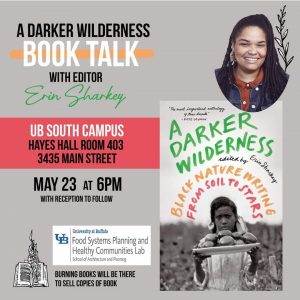 “What are the politics of nature? Who owns it, where is it, what role does it play in our lives? Does it need to be tamed? Are we ourselves natural? In A Darker Wilderness, a constellation of luminary writers reflect on the significance of nature in their lived experience and on the role of nature in the lives of Black folks in the United States. Each of [the] essays [in the book] engages with a single archival object, whether directly or obliquely, exploring stories spanning hundreds of years and thousands of miles, traveling from roots to space and finding rich Blackness everywhere.”
“What are the politics of nature? Who owns it, where is it, what role does it play in our lives? Does it need to be tamed? Are we ourselves natural? In A Darker Wilderness, a constellation of luminary writers reflect on the significance of nature in their lived experience and on the role of nature in the lives of Black folks in the United States. Each of [the] essays [in the book] engages with a single archival object, whether directly or obliquely, exploring stories spanning hundreds of years and thousands of miles, traveling from roots to space and finding rich Blackness everywhere.”